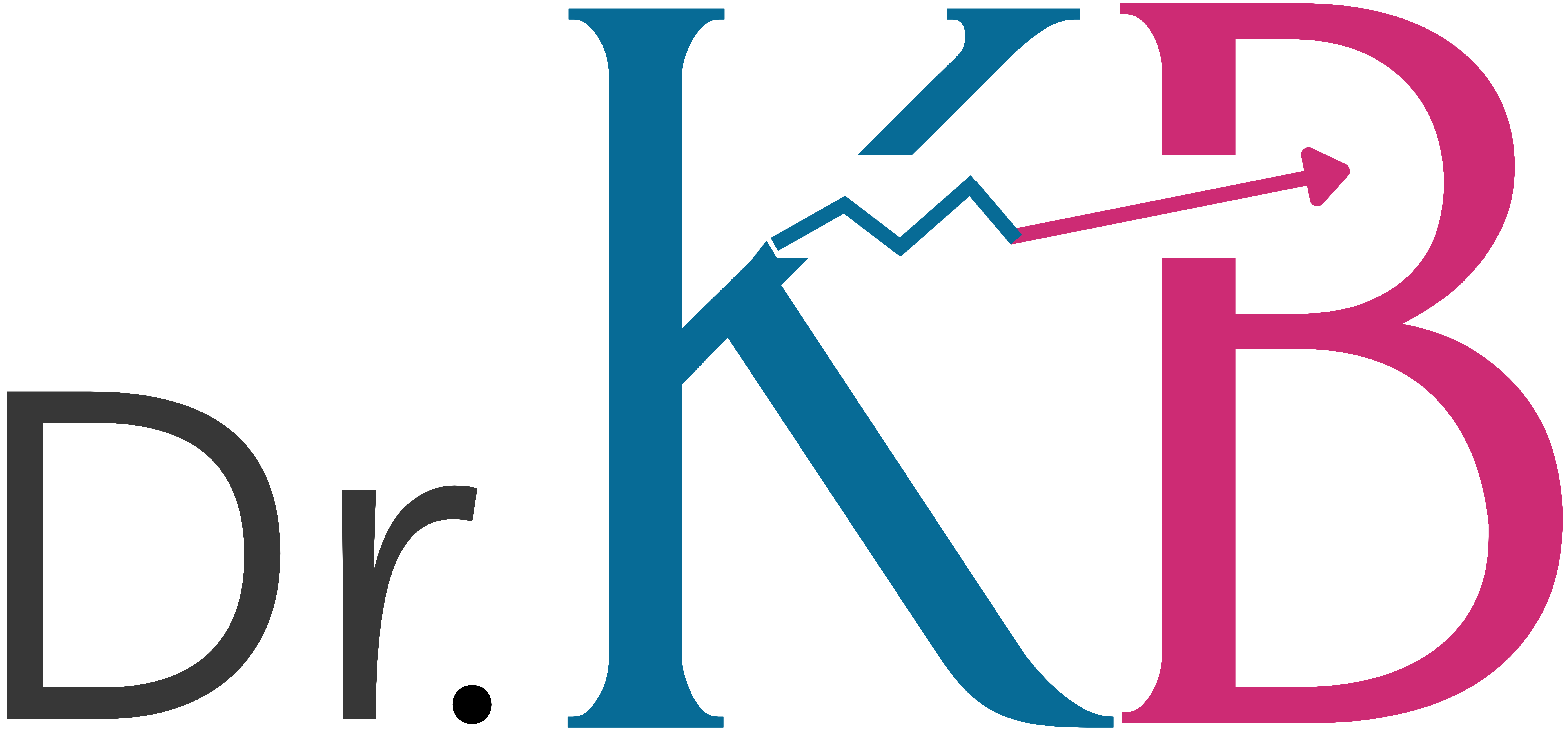12 Networking FAQ’s For Physicians Seeking Non-Clinical Careers
/ Blog, Networking
Networking can make the difference between being selected for an interview and continuing on the job application treadmill.
Here are some answers to your networking questions.
1. Why is networking important?
70% of people landed their current job by networking.
Employee referrals account for 40% of hires.
80% of jobs are not listed on job boards.
2. I’m not very good at networking. Am I doomed?
What do you picture when you think of networking?
Painful small talk? Schmoozing? Handing out business cards?
Effective networking is quite the opposite. It’s building meaningful, mutually beneficial professional relationships over time.
If you can ask questions and listen, you can network. The more you do it, the more comfortable you will become, and you will improve!
Tip: Start small. Aim to become curious about one new person per week and initiate contact with them.
3. I dislike small talk. How can I make networking a more meaningful conversation?
Prioritize connecting.
Mirror the other person and match their energy.
When you mirror the rate and tone of speech, and body language, the other person is more likely to feel comfortable in your presence. This facilitates connection.
4. How do I make networking feel less contractual?
Connect with people you are genuinely interested in.
Make it your goal to form a relationship.
Become curious about their career path, their hopes, and fears. Then listen.
5. When and how do I start networking for a non-clinical job?
As soon as you think you may want to leave clinical medicine.
Start with your “warm” contacts: relatives, friends of relatives, your partner or spouse’s relatives or contacts, current colleagues, parents of your children’s friends, neighbors (past and present), people you went to school with (high school, medical school), people you trained with, people in your religious congregation, people who provide services to you, people you interact with on FB and other social media sites*.
Then move to “cold” contacts on LinkedIn or other social media. Those physicians who are working in non-clinical roles you’re interested in.
6. I’m an introvert and the thought of networking makes me want to run and hide.
Read: 7 tips to networking for introverts.
Bottom line: leverage your listening and connection skills to become a skilled networker!
7. How do I improve my networking skills?
Practice, Practice, Practice!
Set a goal to reach one or two new people per week.
Learn to embrace rejection, become comfortable with the word “No” (“No” means: “Next One!”), and don’t take ghosting personally.
8. It feels weird to send a “cold” email to a stranger. How do I “warm it up”?
If possible, try to find something you have in common- a mutual connection, an interest, an Alma Mater, a mutual group, birthplace, etc.
If you can’t find anything you have in common, and it’s someone you’re really interested in, then send a cold message. What’s the worst that can happen?
9. What do I write in my initial connection message?
Here’s a sample script you can modify:
“Hi Dr. Brown. I came across your profile while searching for physicians who are working in the life insurance industry. I am very interested in how you made the change from clinical medicine into the insurance industry. I’m an endocrinologist considering the same change. I would love to connect with you. Thank you, Karen.”
Or, if you have a connection:
“Hi Dr. Brown. I came across your profile while searching for Duke alumni physicians who now work in the insurance industry. I graduated from Duke medical school in 2007 and I am interested in transitioning into the insurance industry. I would love to connect with you! Respectfully, Karen.”
10. How do I end a networking conversation?
Is there anyone else I should talk to?
Is there anything important I haven’t asked you?
Thank you for being so generous with your time.
11. How do I keep the connection loop open?
Keep the loop open by asking for advice and follow up after you’ve taken the advice.
For example, “who else do you suggest I contact?”
After you’ve contacted the other person, you can circle back and let them know. You could say something about how that helped and thank them for the suggestion.
Another example is to ask them to recommend a course or resource.
Then after you’ve taken the course or reviewed the resource, circle back letting them know. This shows you took their advice seriously and the relationship grows.
12. How do I build my network on LinkedIn?
How to build your network from scratch part 1.
How to build your network from scratch part 2.
13. I’ve reached out to a few physicians on LinkedIn/Facebook, and I’ve had no response. What do I do now?
They may respond. They may not. Don’t take it personally.
Keep it moving and reach out to fresh contacts.
SUCCESS IN LIFE =
[THE PEOPLE YOU MEET] + [WHAT YOU CREATE TOGETHER]
*Keith Ferrazzi, Never Eat Alone

